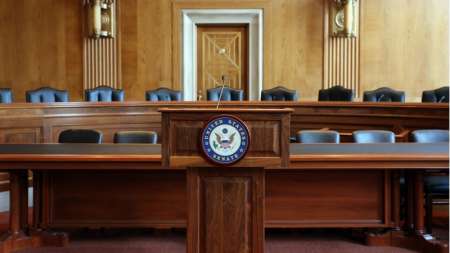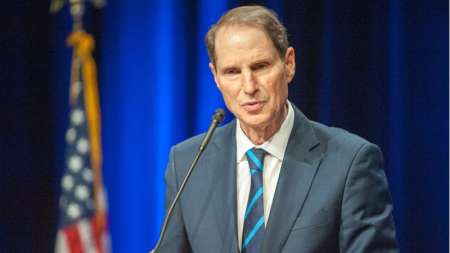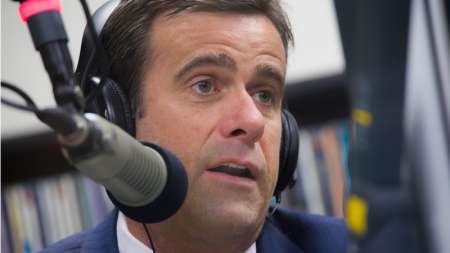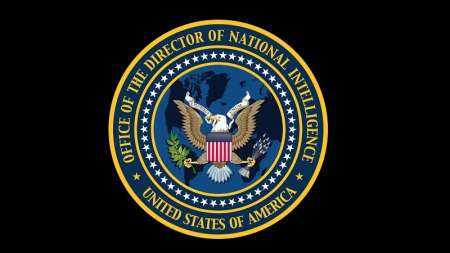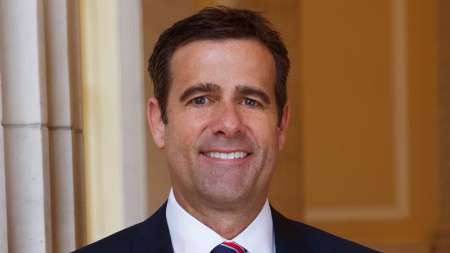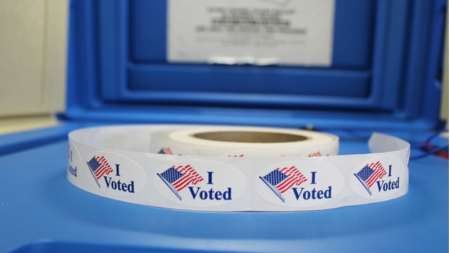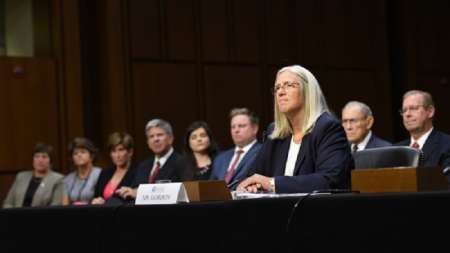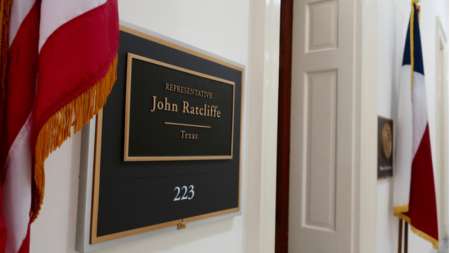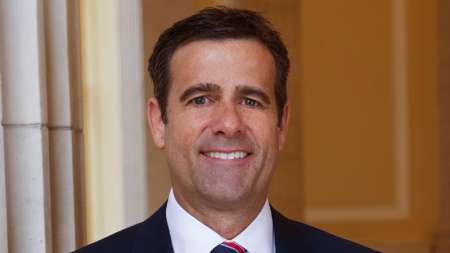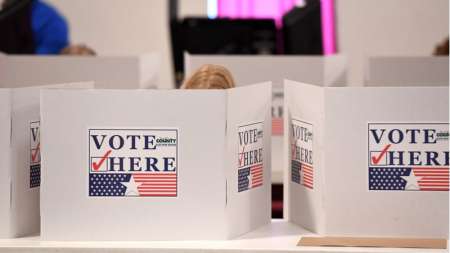The Defense Counterintelligence and Security Agency – the organization which oversees nearly all of the Federal government’s security clearances – is scheduled to host a virtual security conference to kick off the second annual National Insider Threat Awareness Month in early September. […]
The Office of the Director of National Intelligence (ODNI) has released a list of AI ethics and principles to guide the intelligence community (IC) on its use and development of AI and AI tools. […]
Artificial intelligence emerged as one theme today during a Senate Intelligence Committee hearing on two of President Trump’s nominees for senior positions within the intelligence community. […]
The coronavirus pandemic hasn’t slowed the government’s progress on managing the Federal background check inventory, which has returned to a stable state of roughly 200,000 cases, according to a quarterly report on the Security Clearance, Suitability/Fitness, and Credentialing Reform Cross-Agency Priority (CAP) goal action plan from the President’s Management Agenda. […]
In a letter to the Office of the Director of National Intelligence (ODNI), Sen. Ron Wyden, D-Ore., raised questions on cybersecurity issues across the intelligence community (IC), and suggested that the IC may need to fall under the purview of the Department of Homeland Security’s (DHS) authority of requiring all Federal agencies to adopt specific cybersecurity technologies and policies. […]
While former Principal Deputy Director of National Intelligence Sue Gordon commended how cloud adoption enabled Federal telework, she cautioned that more work needs to be done to stay secure when working remotely. […]
The Cyberspace Solarium Commission has added two new recommendations to its wide-ranging cybersecurity policy report to address the challenge of disinformation on social media. […]
The Senate today confirmed Rep. John Ratcliffe, R-Texas, to become the next Director of National Intelligence (DNI), by a vote of 49 to 44. […]
Acting Director of National Intelligence Richard Grenell has named Neil Wiley as Principle Executive at the Office of the Director of National Intelligence (ODNI). […]
Four cyber-focused organizations in the Intelligence Community (IC) will be combined into an IC Cyber Executive organization, according to an announcement made by Acting Director of National Intelligence Richard Grenell. […]
The Senate on May 6 voted to approve the nomination of William Evanina as Director of the National Counterintelligence and Security Center (NCSC). The vote was 84-7. […]
The Trump administration’s nominee for Director of National Intelligence told the Senate Intelligence Committee today he is worried about the lack of investments the U.S. is making in quantum computing technologies relative to those being made by China. […]
Lora Shiao, who has served as executive director of the National Counterterrorism Center for the past year, will become the center’s deputy director and serve as acting director, starting April 3 until the Senate confirms a permanent director. […]
Sen. Mark Warner sent a letter to the acting director of national intelligence (DNI) and the director of the Office of Personnel Management (OPM) to issue clear guidance ensuring that security clearances will not be jeopardized due to financial impacts of COVID-19. […]
As the U.S. prepares for the 2020 presidential primary’s “Super Tuesday,” officials from the nation’s defense agencies are trying to quell election security concerns. […]
President Trump on Feb. 28 named Rep. John Ratcliffe, R-Texas, as his nominee for Director of National Intelligence, a job that has been vacant since Dan Coats resigned last August. […]
The business side of the intelligence community (IC) has lagged behind the intelligence gathering mission of the IC when it comes to technology and IT, but new investments are moving the human capital enterprise forward. […]
The Office of the Director of National Intelligence (ODNI) and the National Security Agency (NSA) are both working on less classified methods of cyberthreat information sharing, according to two officials at a FedInsider webinar on Jan. 9. […]
In a new semiannual report, the Intelligence Community Inspector General (ICIG) within the Office of the Director of National Intelligence (ODNI) says that ODNI must upgrade cybersecurity controls going forward to improve management and risk mitigation of trusted privileged users inappropriately accessing, modifying, destroying, or exfiltrating classified data. […]
A bipartisan bill to develop a next-generation mobile communications strategy cleared the House Committee on Energy and Commerce (E&C) via a voice vote on Nov. 20. […]
The Network Security Information Sharing Act of 2019 cleared the House Energy and Commerce Committee via a voice vote on Nov. 20. […]
In a Nov. 7 letter, Sen. Ron Wyden, D-Ore., urged Secretary of Defense Mark Esper and National Security Agency (NSA) Director Gen. Paul Nakasone to conduct a cybersecurity audit of mobile voting app Voatz to “determine whether it can reliably protect the votes of U.S. servicemembers against foreign hacking.” […]
The Federal government’s civilian, military, and intelligence agencies issued a statement Nov. 5 reiterating Federal support for election security at national, state, and local levels. […]
Federal government IT leaders agreed on Wednesday that workforce skills and data availability are two of the most important issues facing the government as it gears up to harness the benefits of machine learning and artificial intelligence in cybersecurity. […]
The Office of the Director of National Intelligence (ODNI) announced Aug. 21 the appointment of Benjamin Huebner as chief of the Office of Civil Liberties, Privacy, and Transparency. […]
Susan Gordon, Principal Deputy Director for National Intelligence and a longtime member of the intelligence community, will be leaving the agency, and Joseph Maguire, director of the National Counterterrorism Center (NCTC), will become acting Director of National Intelligence (DNI), according to tweets from President Trump on August 8. […]
President Donald Trump announced on Twitter today that he will withdraw his nomination of Rep. John Ratcliffe, R-Texas, to serve as director of national intelligence. […]
Dan Coats, the Director of National Intelligence, will step down on August 15, with President Trump naming Rep. John Ratcliffe, R-Texas, as his nominee to replace Coats as the head of the Office of the Director of National Intelligence (ODNI). […]
Director of National Intelligence (DNI) Dan Coats announced on July 19 that Shelby Pierson will serve as the first Election Threats Executive (ETE) to oversee U.S. election security efforts. […]
The Office of the Director of National Intelligence (ODNI) is expanding one of its industry outreach programs that aims to modernize the intelligence community’s (IC’s) IT through accelerated tech acquisition processes. […]



